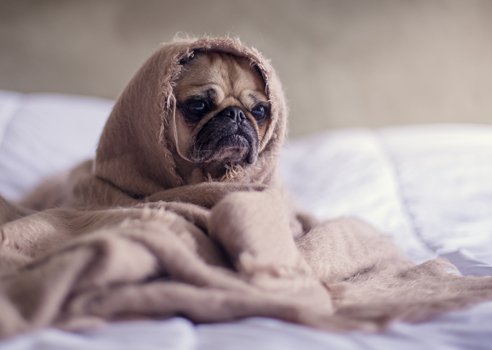Reading time: About 1 minute
This is my weekly installment of “writing about writing,” in which I scan the world to find websites, books and articles to help other writers. Today I discuss a blog post about how to improve your sleep.
How does sleep affect your writing? Let me count the ways…
- If you’re too tired, you won’t be creative.
- If you’re robbed of ZZZs, you won’t feel like sitting at your desk.
- If you haven’t had enough shut-eye, you’ll have a harder time concentrating.
- If you’re exhausted, you loose your motivation to do something (like writing) that can be difficult or challenging.
Still, in today’s fast-paced world, I know it’s hard to get enough sleep. In a Psychology Today blog post titled “11 Things That Can Interfere With Your Sleep,” clinical psychologist Michael Breus outlines a variety of issues that might rob you of your shut-eye.
Some of them — like his warning about the blue light from cellphones — have had lots of publicity recently, but it interested me to learn about some of his other specific tips.
For example, did you know that the best room temperature for sleeping is about 18 degrees C (65 degrees F). I had always thought it was higher than that. But I was even more intrigued to read his detailed thoughts about temperature. As Breus puts it:
“Our body operates a process called thermoregulation on a 24-hour circadian cycle that allows it to adjust our core temperature. A lower body temperature at night helps you fall asleep quicker and stay asleep longer.”
For more information and other tips about regulating your sleep, read the entire post here. And be sure to check out my post on how much sleep writers really need.
An earlier version of this post first appeared on my blog on Jan 27/20.


